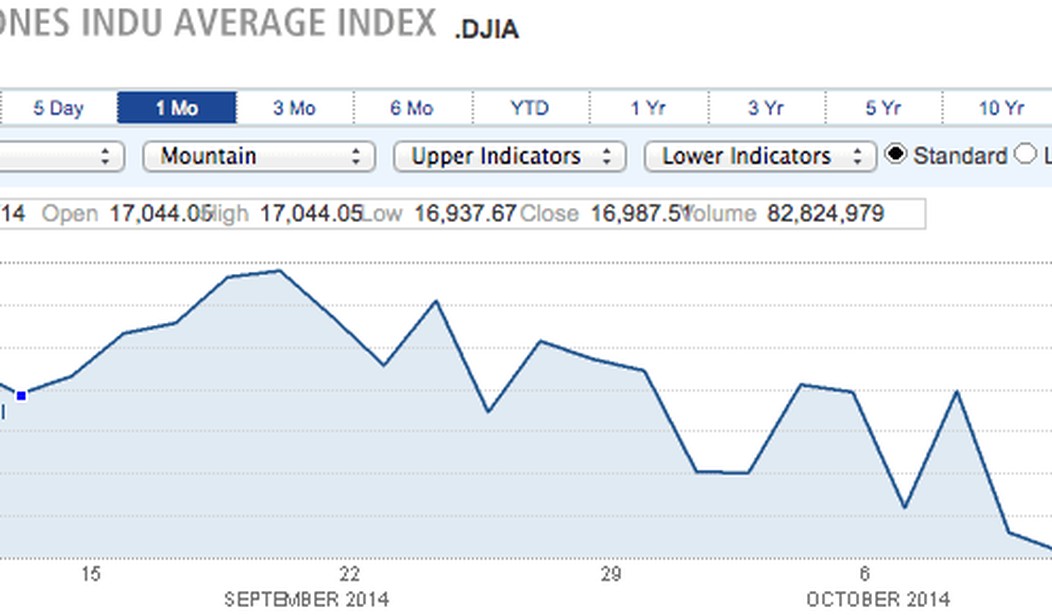Maryland Democratic Rep. Chris Van Hollen said more outreach to Congress from President Obama would not have helped Obama’s agenda advance during his time in office.
“I do not subscribe to the theory that just more opportunities to sit down for dinner or birthdays is enough to overcome some of the political differences that are between the parties right now,” Van Hollen said during a book discussion about The Partisan Divide: Congress in Crisis written by former congressmen Tom Davis (R-Va.) and Martin Frost (D-Texas).
“There was this criticism of the president that if only he had wined and dined members of either party more that he would have been able to pass more of his agenda. I just don’t buy it. In fact, the president launched his so-called ‘charm offensive’ and he actually took people to restaurants and paid the bill and they all talked and it didn’t overcome the very real and obvious differences between the parties,” he added.
Van Hollen, the former chairman of the Democratic Congressional Campaign Committee, said “the more communication, the more socializing, the better,” but it would not break the gridlock in Congress.
Republican Oregon Rep. Greg Walden, chair of the National Republican Congressional Committee, said people forget each member of the House represents different districts.
“There’s a reason a member acts the way they act. They got elected to represent the people in their district,” he said. “You can’t come here and say, ‘well, you’re now my friend and you represent a different district and have a different philosophy so I’m going to vote the way you do.’ It just doesn’t work.”
Walden, who has a journalism degree, said bipartisanship is not newsworthy.
“Yeah, there’s been gridlock. Is it partly because of what our constitutional founders gave us in terms of Senate vs. House and the rules — we can do in a day or a few hours what the Senate literally will take 4 weeks to get to, maybe, so there’s that frustration out there and Tom’s right, with the media, everybody knows everything instantly, which didn’t used to be the case,” Walden said.
“If we’re getting along, they’re not going to write about that,” he later added.
Davis, former chairman of the House Oversight and Government Reform Committee, said Congress is starting to look like parliament.
“When members come to Washington now, they act like parliamentary, which means instead of being the minority party, you’re now the opposition party,” he said.
Davis said people are voting for the party more often, not the individual.
The panelists also discussed the role of money in the political process, particularly the Citizens United Supreme Court decision.
“We’re stuck with the system we have,” Frost said, arguing that people do not want their tax money used to fund political campaigns.
“The only way he can change that is to amend the Constitution,” he said. “Disclosure is really the only remedy to the system we currently have.”
Davis said a system of public financing does not work.
“You found with Obama, that once he found out he was disadvantaged by taking the match, he decided, ‘I’m going the other way,’” Davis said.
Van Hollen said Congress should roll back the worst consequences of Citizens United, calling the Supreme Court decision “one of the worst supreme Court decisions ever.” He recommended that Congress pass the DISCLOSE Act, which would amend the Federal Election Campaign Act of 1971 and create additional disclosure rules regarding election spending.
Van Hollen also said Congress should pass legislation for nonpartisan redistricting.
“I do believe that we should reform that system. I do believe in national legislation for nonpartisan line drawings,” he said.









Join the conversation as a VIP Member